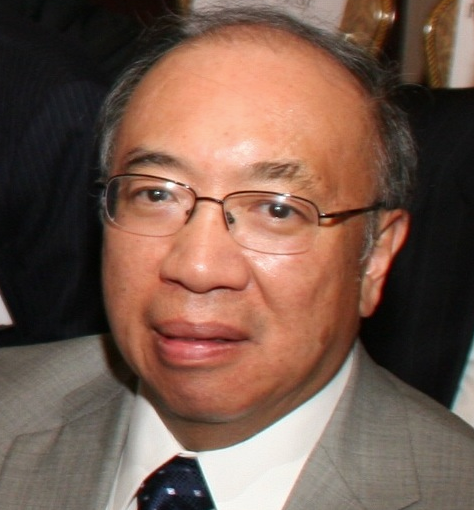Brooklyn court removes family order of protection
Cites Denial of Right to Counsel

Brooklyn’s Appellate Division reversed an order of protection issued by a Queens Family Court judge on the grounds that the defendant was not afforded his right to an attorney.
Accused of attempted assault, menacing and reckless endangerment, John Visintin was ordered to stay away from familial associate and complainant Dora Cerquin for a period of two years. As with most Family Court proceedings, parties are generally advised of their right to counsel as well as their right to represent themselves pro se or without any legal counsel. Pleading indigence, Visintin advised the presiding judge that he was unable to afford an attorney and requested that the court assign an attorney to his case.
Queens Family Court Judge Dennis Lebwohl, reviewing Visintin’s weekly salary, determined that from a financial perspective, Visintin failed to meet the eligibility requirements for the assignment of counsel. Lebwohl informed Visintin that he would have to represent himself. Before inquiring further as to whether or not Visintin cared to represent and defend himself against Cerquin accusations, Lebwohl moved forward with the hearing and subsequently issued the order of protection.

Brooklyn Boro
View MoreNew York City’s most populous borough, Brooklyn, is home to nearly 2.6 million residents. If Brooklyn were an independent city it would be the fourth largest city in the United States. While Brooklyn has become the epitome of ‘cool and hip’ in recent years, for those that were born here, raised families here and improved communities over the years, Brooklyn has never been ‘uncool’.